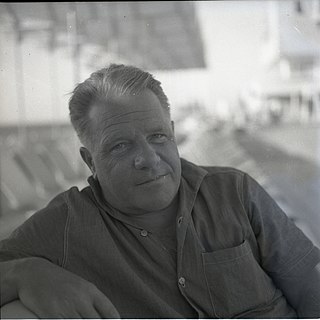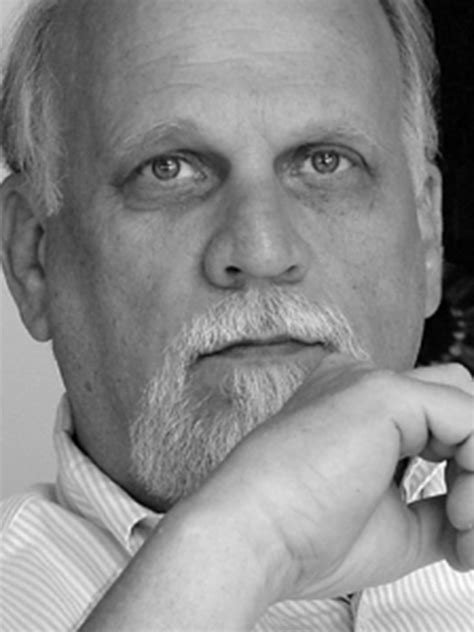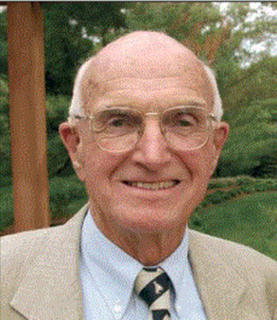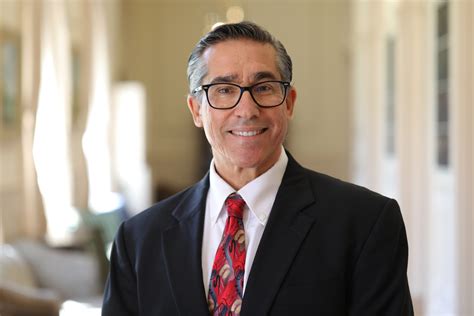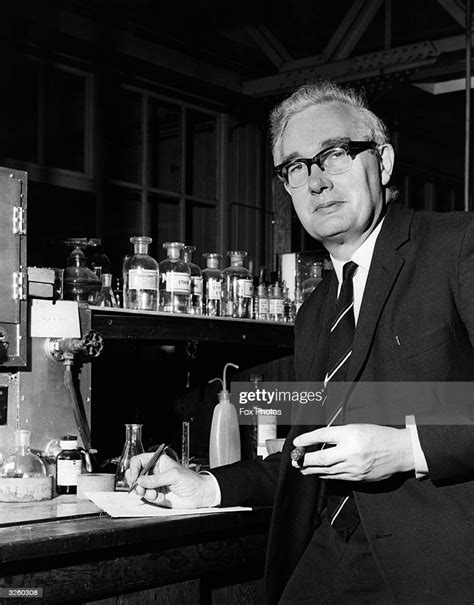A Quote by Horace Walpole
Related Quotes
...I think the popular view of Science is a solid body of truth, shared by a whole lot of learned men in a room, all agreeing on the answers to the questions of how the Universe works. Whereas nothing could be further from the truth!!! The one truth that I see emerging from the History of Science is that experiment has always surprised theorists. Einstein included!
There are two kinds of truth; the truth that lights the way and the truth that warms the heart. The first of these is science, and the second is art. Without art science would be as useless as a pair of high forceps in the hands of a plumber. Without science art would become a crude mess of folklore and emotional quackery.
Science is rooted in the will to truth. With the will to truth it stands or falls. Lower the standard even slightly and science becomes diseased at the core. Not only science, but man. The will to truth, pure and unadulterated, is among the essential conditions of his existence; if the standard is compromised he easily becomes a kind of tragic caricature of himself.
The loved object is simply one that has shared an experience at the same moment of time, narcissistically; and the desire to be near the beloved object is at first not due to the idea of possessing it, but simply to let the two experiences compare themselves, like reflections in different mirrors. All this may precede the first look, kiss, or touch; precede ambition, pride, or envy; precede the first declarations which mark the turning point—for from here love degenerates into habit, possession, and back to loneliness.
A computer is a wonderful and friendly machine, because it's always just a little better than you are. You're always a little bit behind, but it stays right there with you anyway. It allows you to make the mistakes, and then to try to find out what the mistakes are, and then to repair the mistakes. It's always your friend. It quits on you, but it doesn't leave the apartment.
Is the Church inimical to science? Growing up as a Catholic and a scientist - I don't see it. One truth is revealed truth, the other is scientific truth. If you really believe that creation is good, there can be no harm in studying science. The more we learn about creation - the way it emerged - it just adds to the glory of God. Personally, I've never seen a conflict.
So much confusion about belief in God, morality, and science arises, not from what people say they believe, but rather from mistaken assumptions about God, morality, and science that they don't know they believe. In Three Theological Mistakes, Ric Machuga, with clarity and grace, explains the genesis of these mistakes and provides the intellectual tools by which we can recover from them.
If the term education may be understood in so large a sense as to include all that belongs to the improvement of the mind, either by the acquisition of the knowledge of others or by increase of it through its own exertions, we learn by them what is the kind of education science offers to man. It teaches us to be neglectful of nothing - not to despise the small beginnings, for they precede of necessity all great things in the knowledge of science, either pure or applied.







